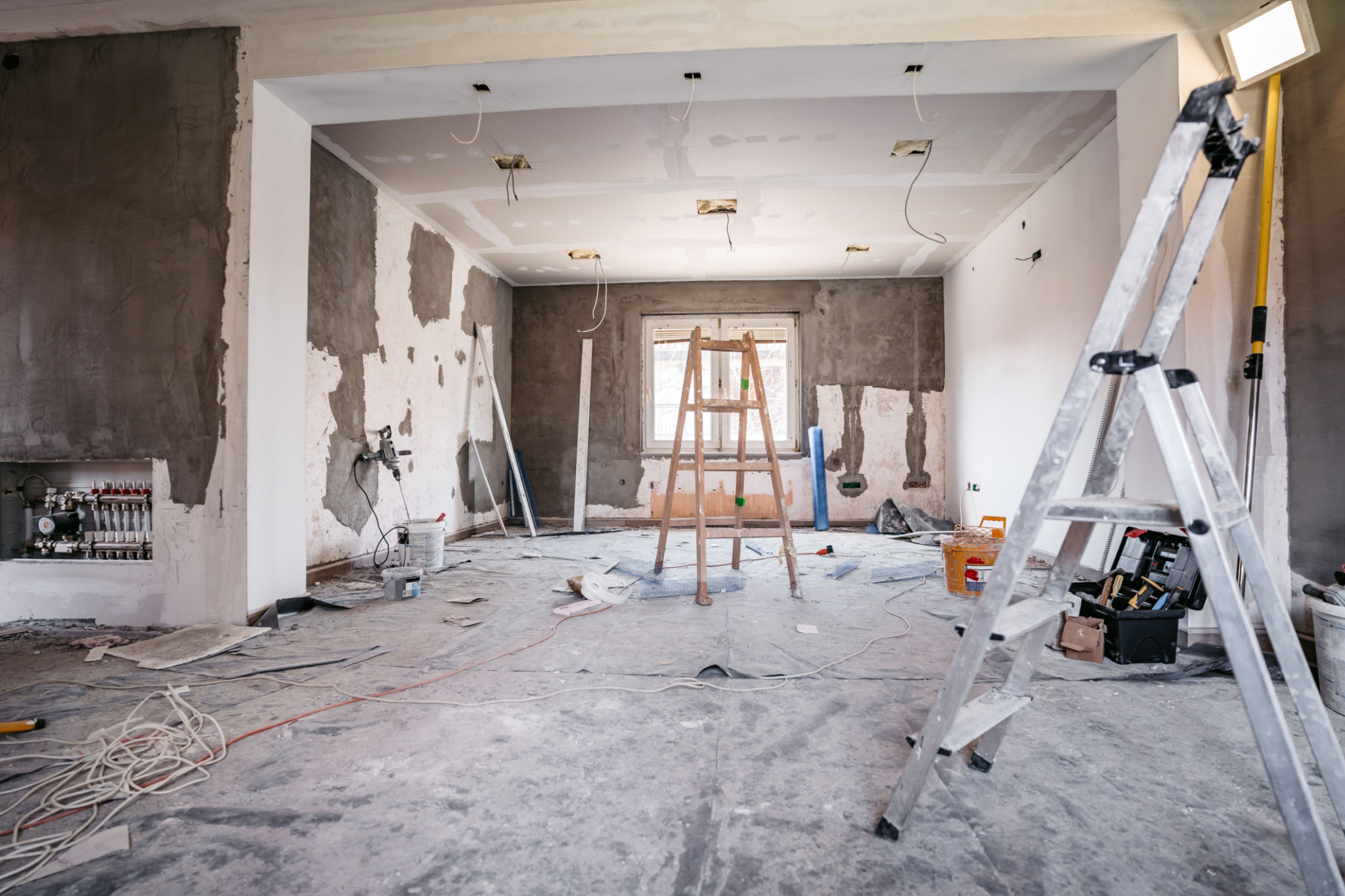Understanding the Cost of Renovating a House in Philly: A Breakdown
NC
Introduction to Renovation Costs in Philly
Renovating a house can be a complex and expensive endeavor, especially in a vibrant city like Philadelphia. Understanding the various costs involved is crucial for homeowners looking to enhance their living spaces without breaking the bank. This guide delves into the different aspects of home renovation costs in Philly, providing a comprehensive breakdown to help you plan effectively.

Factors Affecting Renovation Costs
Several factors influence the cost of renovating a house in Philadelphia. The size and age of the property, the extent of the renovations, and the type of materials used all play significant roles. Additionally, labor costs can vary depending on the complexity of the project and the expertise required.
Location within Philadelphia also impacts costs. Properties in historic districts or upscale neighborhoods might have stricter regulations and higher material costs, which can add to the overall expense.
Size and Scope of the Project
The size of your home and the scope of your renovation project are primary determinants of cost. Larger homes or extensive renovations will naturally require more materials and labor, leading to higher expenses. It’s essential to have a clear plan outlining what areas need work and how extensive these renovations will be.

Breakdown of Typical Renovation Costs
Understanding the typical costs associated with different renovation projects can help you budget effectively. Here’s a breakdown of common renovation expenses in Philadelphia:
- Kitchen Remodeling: Usually one of the most expensive projects, with costs ranging from $20,000 to $50,000 depending on materials and appliances.
- Bathroom Renovation: Ranges from $10,000 to $25,000, influenced by fixtures and design choices.
- Basement Finishing: Can cost between $15,000 and $40,000, depending on the intended use and finishes.
Labor and Material Costs
In Philadelphia, labor costs can range from $50 to $150 per hour, depending on the contractor’s expertise and your project’s complexity. Materials account for a substantial portion of renovation costs as well. Opting for high-end finishes or custom designs will significantly increase expenses, while more economical choices can help keep costs down.

Budgeting Tips for Homeowners
Creating a realistic budget is crucial when planning a home renovation. Begin by obtaining multiple quotes from contractors to gauge potential costs. It’s also wise to set aside an additional 10-20% for unexpected expenses that often arise during renovations.
Consider prioritizing projects based on necessity and impact. Focus on essential repairs first before moving on to aesthetic improvements. This approach helps manage your budget effectively while ensuring that critical issues are addressed promptly.
Choosing the Right Contractor
Selecting a reputable contractor is vital for a successful renovation. Look for contractors with experience in projects similar to yours and check references or reviews from past clients. A good contractor will not only deliver quality work but also provide valuable insights into cost-saving measures without compromising on quality.

Conclusion
Renovating a house in Philadelphia involves various costs that homeowners need to consider carefully. By understanding the factors influencing these costs and planning accordingly, you can successfully navigate your renovation project while staying within budget. Whether you’re updating a single room or undertaking a full-scale renovation, informed decisions will ensure that your investment enhances both the value and comfort of your home.